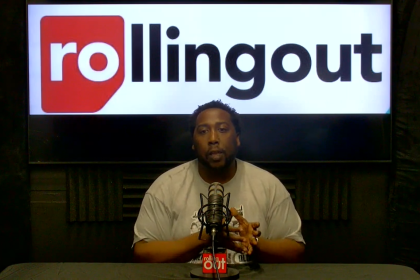In this period of severe economic turmoil in the United States, blacks are bearing the brunt of the the pain effectuated by a lack of jobs and opportunity. Even prior to the downturn in the economy, the most problematic issue for blacks outside of education was poverty, especially among children.
Now in some states, being poor is becoming a criminal offense, like Arkansas, for example.
A new law in the state of Arkansas makes it a criminal offense to be poor and not in a position to pay rent or to pay on time. The Arkansas Criminal Evictions Law also known as the “failure to vacate” law was passed by the state legislature and in simple terms, allows for criminal prosecutions, which has no parallel in any other U.S. state.
Arkansas is the only state in America that has implemented a law that forces tenants who do not pay rent and do not vacate a property to be placed in jail.
In a report just released by Human Rights Watch titled “Pay the Rent or Face Arrest: Abusive Impacts of Arkansas’s Criminal Evictions Law,” the authors explain “The failure-to-vacate law was used to bring charges against more than 1,200 Arkansas tenants in 2012 alone. This figure greatly understates the total number of people impacted by the law. … Tenants who are unable to deposit the rent amount but plead not guilty anyway face substantially harsher fines and up to 90 days in jail. Tenants who plead guilty face none of this.” The human rights group wants the law repealed and the evictions to be replaced with a civil process.
It disproportionately targets minorities and people of color. This is troubling given that recent data indicate that the unemployment rate of blacks is typically twice as high as that of white Americans, and that blacks and Latinos earn less than others; having on average median weekly earnings were $674 and $549, respectively.
From 2009 to 2011 — two years into the recovery — the number of black minimum wage workers increased by 16.6 percent, and that of Latino minimum wage workers increased by 15.8 percent, while Asian Americans in minimum wage positions decreased by 15.4 percent, and whites only increased by 5.2 percent.
.

















